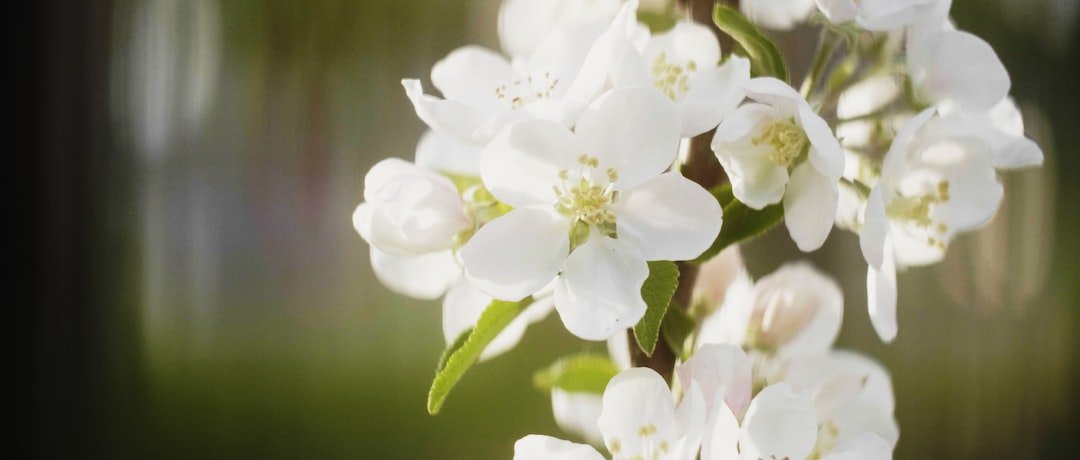
Funeral flowers hold sentimental value and are often cherished by family and friends as a way to honor and remember their loved ones. Preserving these delicate blooms allows us to extend their beauty and preserve the memories associated with them. However, it's important to approach the preservation process with caution to ensure a successful outcome. In this article, we will discuss some common mistakes to avoid when preserving funeral flowers, helping you create a lasting tribute that truly captures the essence of your loved one.
1. Waiting too long
Timing is crucial when it comes to preserving funeral flowers. Waiting too long after the event can lead to wilting and discoloration, making it more challenging to achieve desirable results. Ideally, you should begin the preservation process within a day or two after the funeral. Doing so will help ensure the flowers are still fresh and haven't started to deteriorate.
2. Neglecting to remove foliage
Prior to preserving the flowers, it's important to remove any excess foliage. Leaves and stems can decay faster than the petals, causing them to rot and potentially affect the overall appearance of the preserved flowers. By carefully trimming away the foliage, you can enhance the longevity and visual appeal of the floral arrangement.
3. Using improper preservation techniques
Preservation techniques can vary depending on the type of flowers you are working with. Some common methods include air drying, pressing, and using desiccants such as silica gel. It's crucial to research and choose the appropriate preservation technique for the specific flowers you want to preserve. Using improper techniques can lead to mold growth, discoloration, or the loss of petal structure.
4. Exposing flowers to sunlight
When drying or preserving funeral flowers, it's essential to keep them away from direct sunlight. The UV rays can cause the flowers to fade and lose their vibrant colors. Find a cool, dark place with good air circulation to dry your flowers and reduce the risk of sun damage.
5. Overcrowding the drying area
Proper air circulation is vital when drying funeral flowers, as it helps prevent the growth of mold or mildew. Overcrowding the drying area can inhibit airflow and increase the chances of your flowers rotting instead of drying. Allow enough space between each flower, ensuring proper ventilation throughout the drying process.
6. Ignoring temperature and humidity
Temperature and humidity levels play a crucial role in the successful preservation of funeral flowers. High humidity can lead to excessive moisture absorption and potential mold growth, while low humidity can cause the flowers to become brittle. Aim for a cool, dry space with moderate humidity levels to ensure optimal preservation conditions.
7. Skipping the hydration step
Before starting the preservation process, it's essential to hydrate your funeral flowers properly. This step involves placing the flowers in clean water immediately after cutting their stems at an angle. Hydration helps revitalize the blooms and ensures their longevity throughout the preservation process.
8. Mishandling fragile blooms
Funeral flowers can be delicate and prone to damage. Mishandling them during the preservation process can lead to bruised petals or broken stems. Make sure to handle the flowers with care and use gentle techniques when arranging, drying, or pressing them.
9. Failing to protect against pests
Pests such as moths and beetles can be attracted to dried flowers and cause irreparable damage. To protect your preserved funeral flowers, consider using natural pest repellents such as lavender sachets or cedar chips. These repellents not only deter pests but also add a pleasant fragrance to your preserved arrangements.
10. Storing in unsuitable conditions
After successfully preserving your funeral flowers, it's important to store them properly to maintain their integrity over the long term. Keep them away from areas with high humidity, direct sunlight, or extreme temperature fluctuations. Ideally, store the preserved flowers in airtight containers or display cases to protect them from dust, moisture, and potential physical damage.
11. Neglecting regular maintenance
Preserved flowers require some ongoing maintenance to keep them looking their best. Regularly check for any signs of deterioration, pests, or discoloration. Gently dust the preserved arrangement and make necessary adjustments. Proper maintenance can help extend the longevity and beauty of your preserved funeral flowers indefinitely.
12. Rushing the process
Preserving funeral flowers is a delicate and time-consuming process that requires patience and attention to detail. Rushing through the preservation process can lead to unsatisfactory results. Take the time to research, plan, and execute each step carefully, ensuring you create a beautiful and lasting tribute.
Preserve the Memories
Preserving funeral flowers allows us to transform a temporary floral tribute into a long-lasting memento of our loved ones. By avoiding these common mistakes, you can honor their memory and create a preserved floral arrangement that serves as a heartfelt reminder of the beautiful moments shared.
Remember, timing, proper techniques, careful handling, and ongoing maintenance are key to achieving the best results in preserving funeral flowers. Embrace this process with patience and love, and let the preserved blooms serve as a symbol of everlasting cherished memories.
